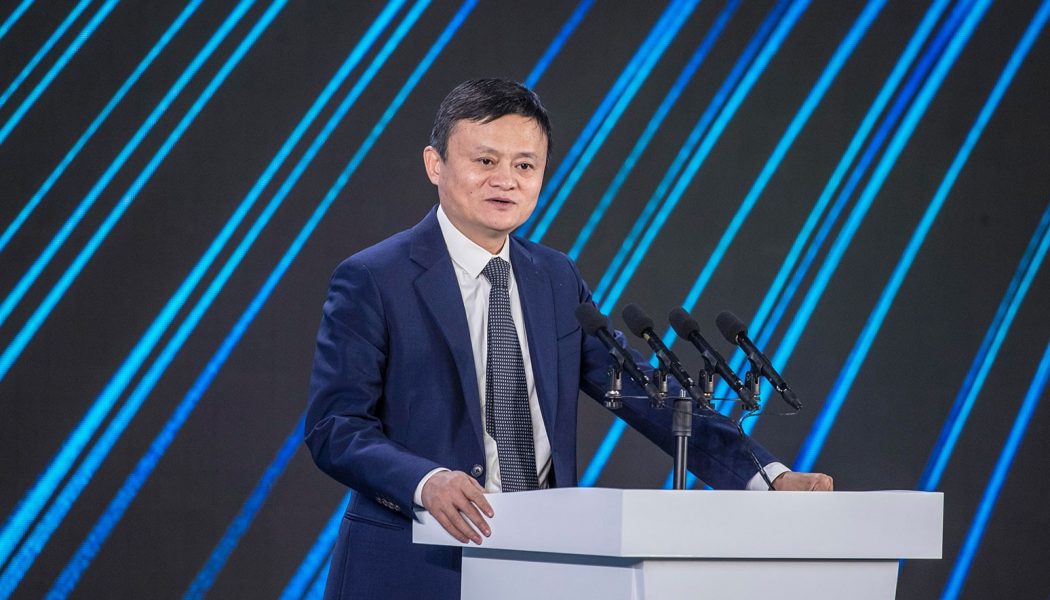
Xiami is one of the smaller digital music services in China. While user numbers are not publicly available, Xiami’s music penetration was less than 2% in 2019, with about five million Monthly Active Users in mainland China, according to local Chinese reports.
The country’s biggest streaming platforms are QQ Music, Kugou Music, Kuwo Music and WeSing, all owned by tech giant Tencent Music Entertainment Group. Collectively those four services have more than 800 million users, says Tencent.
Tencent’s biggest competitor is NetEase Cloud Music, operated by Chinese internet company NetEase, which claims to have more than 600 million registered users.
Xiami and NetEase Cloud Music cut a deal in 2018 for the streaming services to share libraries and grow their respective repertoires — a move seen as a way to strengthen both platforms against Tencent Music. Alibaba acquired a minority stake in NetEase Cloud Music in 2019, investing about $700 million in conjunction with Yunfeng Financial Group.
China was the fourth-biggest market for streaming revenues in 2019, according to the IFPI’s Global Music Report, generating $590.9 million in total revenue. Streaming made up more than 90% of recorded music revenues in China, which had the second-highest number of subscription-service users behind the U.S. in 2019.
Xiami has focused on discovery and sharing, and on providing master-quality streams of music files. But despite millions of dollars of investment by Alibaba, Xiami struggled soon after the acquisition. It lagged its rivals in adhering to orders from the Chinese government, beginning in 2015, to respect copyrights and stop unauthorized distribution of music. More recently, Xiami came under scrutiny from users for stymying creativity by implementing features like a fast-audition function, which uses big data algorithms to select the 30-second “essence” of a song.
Ma, one of China’s most visible Internet pioneers, put himself in the crosshairs of Chinese authorities after he criticized regulators for not being innovative enough in an Oct. 24 speech. Following the speech, regulators scuttled the stock-market debut of Alibaba affiliate Ant Group, which owns China’s largest digital payment platform, Alipay, which has one billion users and some 80 million merchants. Ant Group was set to raise $34.5 billion in the world’s largest IPO, which valued the company at $313 billion.










